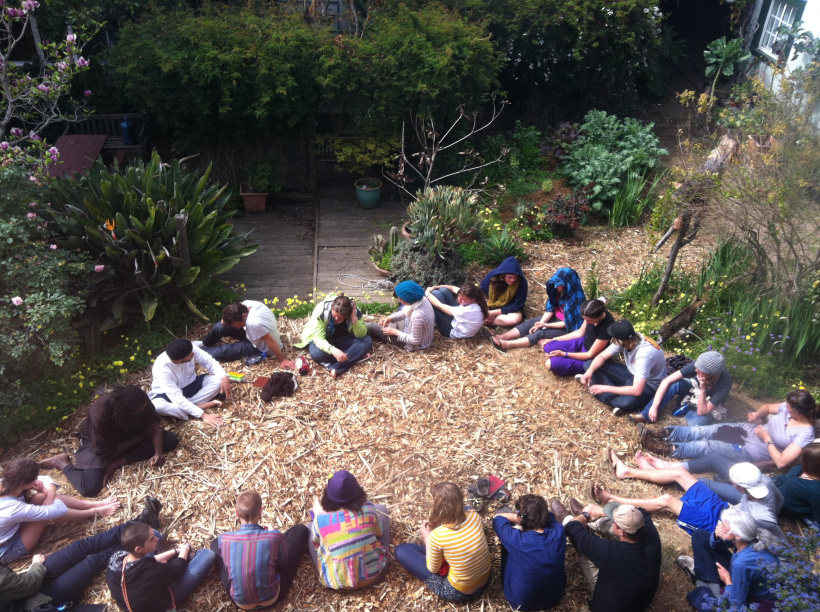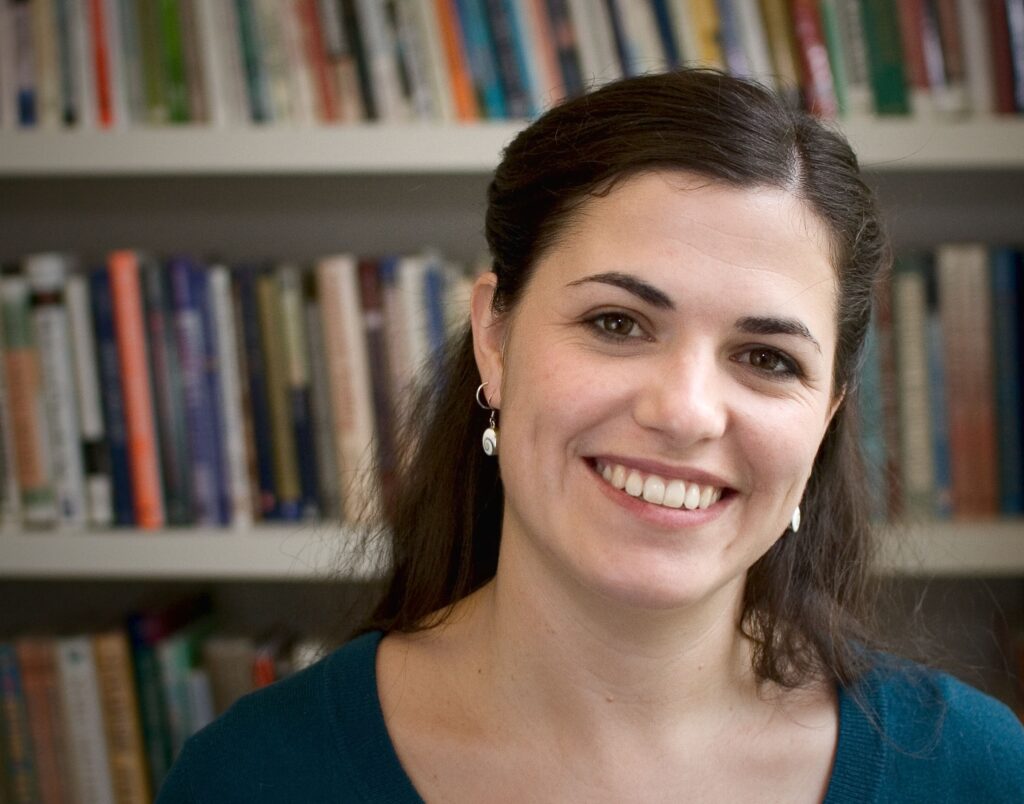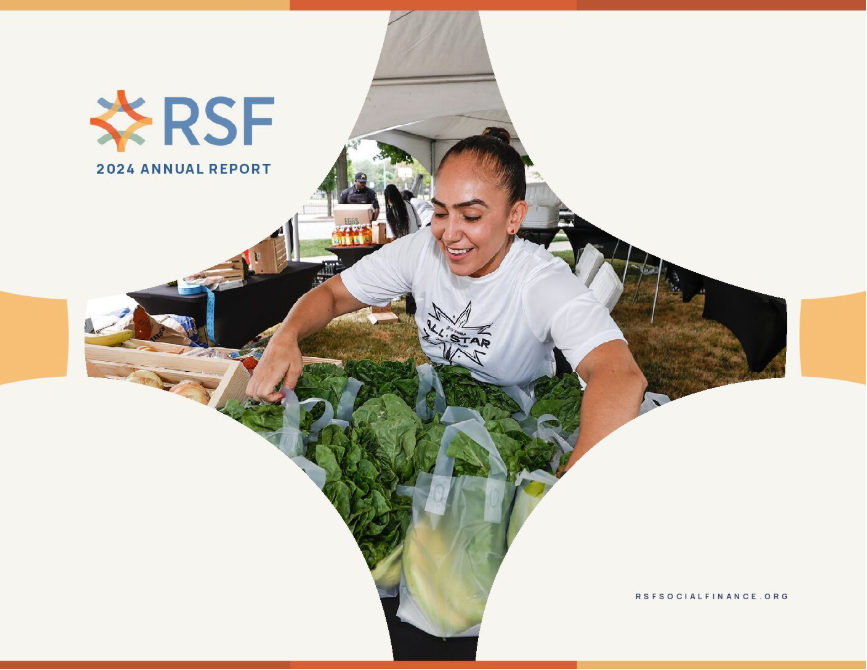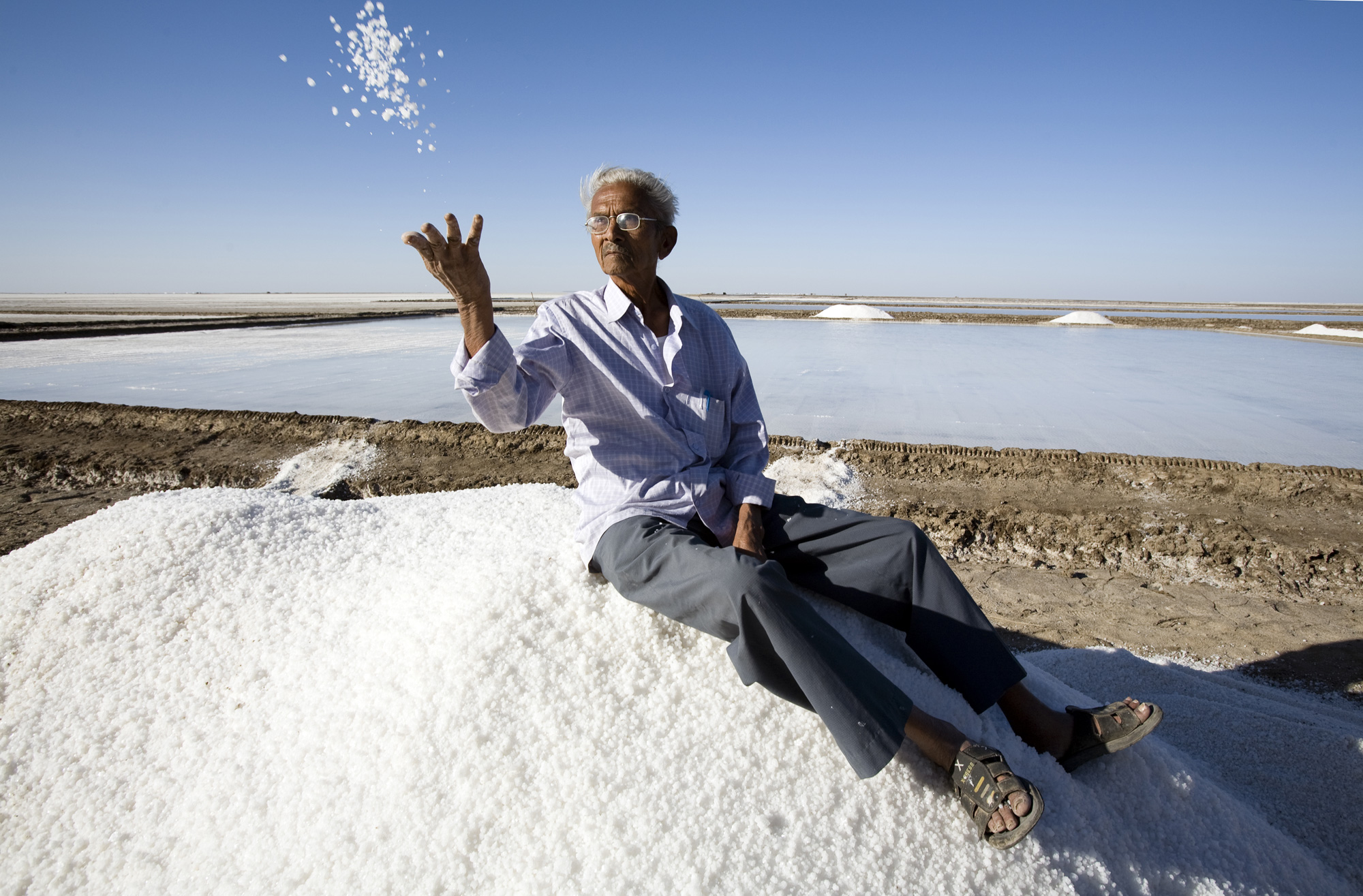In 2013, a critical op-ed by Peter Buffett was published in the New York Times titled, “The Charitable Industrial Complex”, his term for the growing industry of philanthropy. Buffet explains, “Inside any important philanthropy meeting you witness heads of state meeting with investment managers and corporate leaders. All are searching for answers with their right hand to problems that others in the room have created with their left.”
His piece sparked a wide debate about the effectiveness, and perhaps even the usefulness, of the philanthropic industry. The backlash from the philanthropic and finance communities was strong.
Critics pointed to a lack of data to back up his claims and the unfoundedness of sweeping generalizations about the motivations of wealthy donors. The biggest problem most had with the article was that he critiqued an industry created for the benefit of humanity and his lack of recognition for all that philanthropy has already done to improve the human condition. In the end, most critics of Buffett came to the conclusion, not that philanthropy is inadequate, but rather that it needs to be better directed and made more efficient.
Here at RSF, the article continues to resonate. His article points not only to giving, but also to how we give. Is expending gift money to analyze the effectiveness of our giving an effective use of funding? Should those who have wealth be the deciders for how their wealth is given away to the community? Is philanthropy something only for the wealthy? Can philanthropy transform the very system that created it?
At RSF we have been exploring deeply the purpose and qualities of gift. One of our first realizations was how different true gifts are from philanthropy. True gifts are given freely and allow for creation and failure. True gifts create trust and solidify community. True gifts are given to us at all aspects of our lives, from the parental gift of nurturing and raising children, to the natural world that supports our lives, to the gifts and talents we each have as part of our being.
We began to see how important gifts are in our lives and in our communities. What happens when these aspects of gift are lost, or overshadowed by the power of money, whether in the philanthropic field or in our modern economic thinking?
In an effort to highlight the important role of gift in the economy, the Philanthropic Services team at RSF created a purpose statement that outlines some of the most important aspects of gifts and our goals for making these aspects more visible in the world. The RSF Philanthropic Services purpose is: To cultivate giving as the source of economic life. And we further qualified the purpose with the following.
As a transformative intermediary we:
- Move the field of philanthropy towards a gift economy
- Support and honor our clients’ deepest intentions
- Integrate gift money into catalytic capital
- Facilitate the circulation of gift money
As we continue to explore how this purpose fits into our day-to-day activities at RSF, we acknowledge our strong community of values-aligned organizations and individuals that inspire and collaborate with us. Over the past few years we have started to see more and more projects emerge that are taking up similar exploration into the nature and value of gift money and the role gift plays in the world. Here are a few examples:
One of the earliest inspirations for the RSF Philanthropic Services team has been the model of Flow Funding. Created by Marion Weber, Flow Funding is based on the idea of infusing trust, discovery and adventure into the funding process. In her experience as a philanthropist, Marion felt constricted by the work and pressure of deciding how to give away money. She created the Flow Funding model where she would select others, whom she calls “Flow Funders” to entrust her money to. These Flow Funders then would decide how to grant the money out, and could even pass it along to another Flow Funder. Through this process she realized the power of letting intuition and spontaneity into the process, and how that in turn created generosity and feelings of abundance. She also saw how this model expanded the reach of the funds, going to projects that she would have never found on her own. The model democratizes the philanthropic process by having more people involved in decision-making. And, it highlights the value of giving other people the learning experience of being a giver. This model has been an inspiration to RSF’s Shared Gifting model which also works to make the granting process more associative.
Another great project that we have had the pleasure of funding through a Donor Advised Fund is Canticle Farm. Located in Oakland, CA, this community farm has been experimenting with a complete transition towards operating in the gift economy. In 2014, they posted on their website their monthly operating expenses and what those expenses cover in the hope of inviting donors to support their needs. They explain on a post from their website, “What that means for us is making the radical move of detaching the services that we offer to the public from the expectation of receiving conventional currency in return. On the one hand, this presents a challenge in a world where everything (and everyone) is being commodified, and offerings without a price tag may be seen as worthless. On the other, our stance allows a larger circle of generosity—of friends blessed with conventional currency, and time and energy—a means of participating in our shared activities fostering generosity and forgiveness in the human community and compassion for all beings.” This group is pioneering in terms of living fully in the gift economy and we are excited to learn from their experiences.

Indie Philanthropy, an initiative dedicated to activating the next wave of thoughtful, proactive giving, is busy blazing a bright trail towards reshaping the field of philanthropy as well. Seeking to add diversity and creativity to the field, examples of Indie Philanthropy practices include crowdfunding, giving circles, community-based funding decisions, and seed funding. The initiative is built and sustained by those organizations whose funding work already exemplifies an Indie Philanthropy field of practice, and fortifies each individual’s work with a common voice. The website hosts a donor education tool, highlights of creative funding methods at work and emerging, as well as stories and guides on the practice of unconventional funding. By creating this cohort of imaginative funders, Indie Philanthropy hopes to embolden and inspire mainstream funders to question the status quo in philanthropy, and imagine how the world’s needs might be better served by innovation and experimentation in the field.
It has been tremendously inspiring to see these, and other transformative projects growing in the world. RSF partners, such as those shared here, provide tools for honoring the spiritual and communal qualities of gift that allow it to play its crucial role in our economy. It is equally important to realize that these ideas don’t just apply to those who participate in philanthropy. As John Bloom, RSF Vice President of Organizational Culture, explains, “Mostly our culture views the capacity to give based upon having more than enough—whether that is money or time. I would propose that the opposite is true—when one gives, one experiences the reality that ‘enough’ does not exist without giving. That is, giving makes us whole.”

Kelley Buhles is RSF’s former Director of Philanthropic Services.


